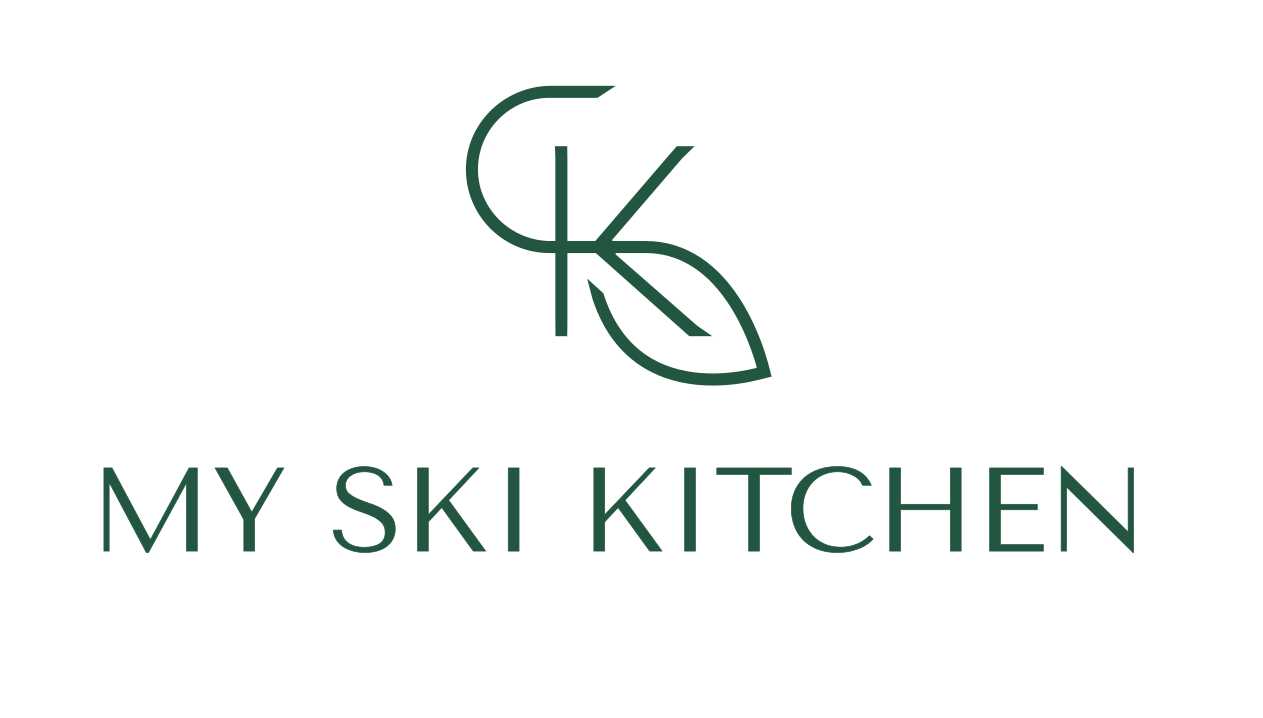Super-Collagen Chicken Broth
Super-collagen chicken broth
This post is all about chicken broth and includes my step-by-step recipe for making collagen-packed chicken broth. Chicken broth is the cornerstone of the way I cook - it infinitely improves food in terms of taste and nutritional value.
I make this zero-waste chicken broth with a whole fresh chicken and remove the meat to use in salads, tacos, noodles, etc. It has very few herbs and includes ginger so that it is versatile enough to use in both western and Asian dishes. Using a whole raw chicken with the skin and connective tissues boosts the collagen content in this chicken broth so it is easier and faster to access the collagen than in regular bone broth. If you have time, you can of course cook this broth for much longer
I always have spare portions of frozen chicken broth. There are so many uses for chicken stock from soups to sauces and risotto. I often cook rice, couscous, and other grains like bulgur wheat in chicken broth. Simple noodles, some shredded chicken meat and vegetables served in chicken broth seasoned with soy and lime makes for a quick nutritious supper.
Chicken Broth versus Chicken Stock
People often ask me if chicken stock is the same as chicken broth and the answer is today, yes, but historically, no. These days the terms chicken broth, chicken bone broth and chicken stock are used interchangeably with chicken and meat stock being referred to as bone broth, especially in the United States while people in the United Kingdom and its former colonies calling generally refer chicken stock.
Here is the historical background and where the confusion comes from. The great cookery writer Theodora Fitzgibbon (1976) describes stock as the ‘liquid extracted from fish, meat, poultry or vegetables by slow cooking with water, or wine and water’. Concentrated stocks such as fond de veau and fond de volaille form the basis of sauces and glazes in classical french cuisine. Traditionally, broth, like the French bouillon and Italian brodo was somewhere between a very simple soup and a stock and usually contained vegetables, but these days bouillon and brodo also mean stock or broth in these languages.
I make have been making chicken stock or chicken bone broth from scratch and freezing it in batches for years. I also make a regular chicken stock with the carcass of every roast chicken that goes through my kitchen - I never waste bones! This collagen broth is different though because it uses an entire raw chicken so that the collagen is more easily extracted from the collagen-rich skin and connective tissues. If you want to increase the collagen even more then add raw chicken wings.
Don’t be intimidated by making chicken broth from scratch as it’s a lot easier than it sounds and infinitely improves the taste of soups and sauces. The nutritional benefits of cooking with real chicken broth with its concentrated minerals and collagen are huge for everything from anti-aging and immunity, to shinier hair to childhood brain development.
In Asia, (where I spend most of my year) chickens often come with the head and feet still on. It took me a while to get used to this until I found out that chicken feet are packed with collagen so I now include chicken feet in my stock pot rather than discarding them. I’ve even asked my butcher in France for chicken feet (they are usually only included with a poulet de Bresse ) - he was surprised but now gives them to me for free. I’m not particularly squeamish but I still can’t bring myself to do anything with the heads! This recipe will show you how to make fool-proof chicken broth every time.

Super-Collagen Chicken Stock
Ingredients
- 1 organic or free-range chicken
- 1 carrot
- 1 stick of celery
- 4 cloves of garlic
- 1 finger of ginger
- 1 bay leaf
- 6 black peppercorns
- Salt to taste
Instructions
Frequently Asked Questions
What is collagen soup good for?
Collagen soup, especially bone broth, is renowned for its numerous health benefits. It's packed with essential amino acids that support skin health, joint function, and digestive health. Regular consumption can lead to improved skin elasticity, stronger nails, and healthier hair.
What soup has the most collagen?
Bone broth, particularly from beef or chicken bones, is often considered the soup with the highest collagen content. The slow-cooking process breaks down the connective tissues, releasing collagen into the broth.
What foods are high in collagen?
Beyond bone broth, foods rich in collagen include:
Meat: Chicken skin, bone-in meats, and organ meats like liver
Fish: Salmon, halibut, and cod
Eggs: The egg whites are a good source of collagen.
Dairy: Cheese and yogurt, especially grass-fed varieties
What meat is good for collagen soup?
Beef bones, chicken bones, and turkey bones are excellent choices for making collagen-rich soup. They contain a high concentration of collagen, which is released into the broth during the slow-cooking process.
When not to drink collagen?
While collagen is generally safe for most people, it's advisable to consult with a healthcare provider before starting a new supplement, especially if you have underlying health conditions or are pregnant or breastfeeding.
What is the downside of bone broth?
While bone broth offers many benefits, excessive consumption can lead to potential downsides. It can be high in sodium, which may not be ideal for those with high blood pressure. Additionally, it may not be suitable for individuals with certain dietary restrictions or allergies.
What is the downside of taking collagen?
Collagen supplements are generally well-tolerated, but some people may experience mild side effects like digestive issues or allergic reactions. It's essential to choose reputable brands and follow recommended dosage guidelines.
What is the enemy of collagen?
Several factors can contribute to collagen breakdown, including:
Sun exposure: UV rays can damage collagen fibers.
Smoking: Smoking accelerates collagen degradation.
Poor diet: A diet lacking in essential nutrients can impact collagen production.
Sugar: High sugar intake can glycate collagen, leading to skin aging.
Does collagen help you lose weight?
While collagen itself doesn't directly aid in weight loss, it can support healthy weight management by promoting satiety and muscle mass. However, it's essential to combine collagen supplementation with a balanced diet and regular exercise for optimal results.
What are the symptoms of too much collagen?
Excessive collagen intake is rare, but it can lead to digestive issues like constipation or diarrhea. If you experience any adverse effects, it's best to reduce your intake or consult with a healthcare professional.
What cancels collagen?
Certain factors can hinder collagen production or accelerate its breakdown. These include:
Sun damage
Smoking
Poor diet
High sugar intake
Excessive alcohol consumption


